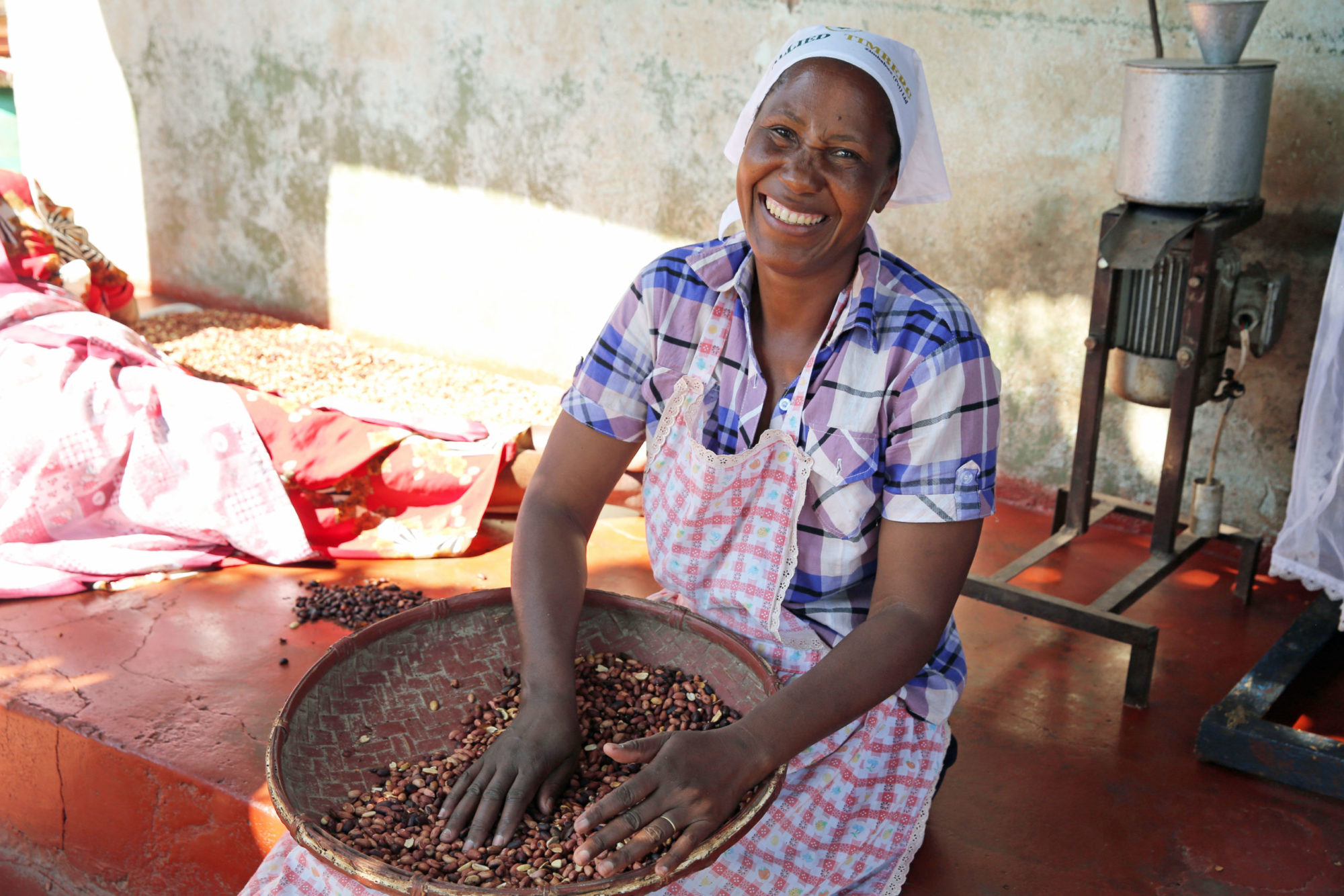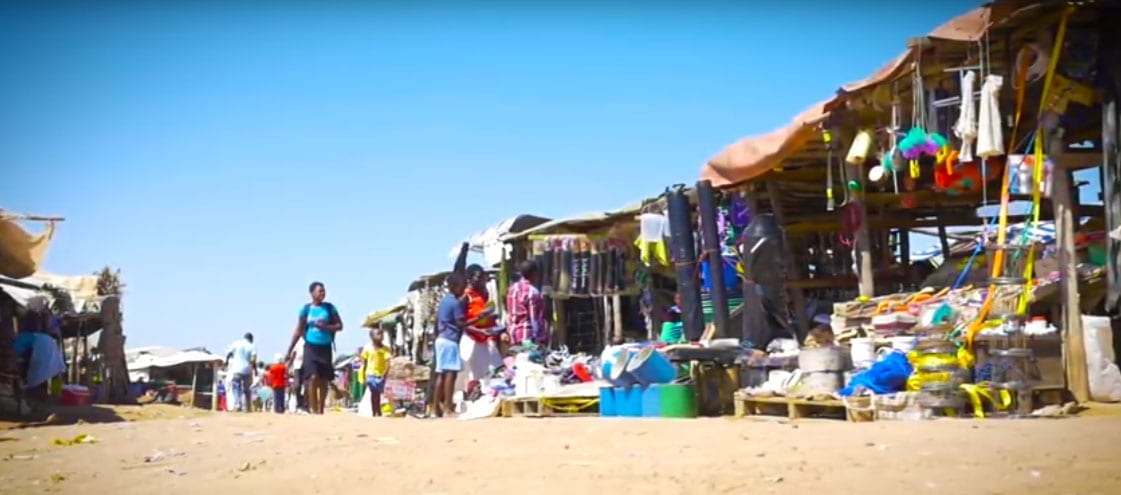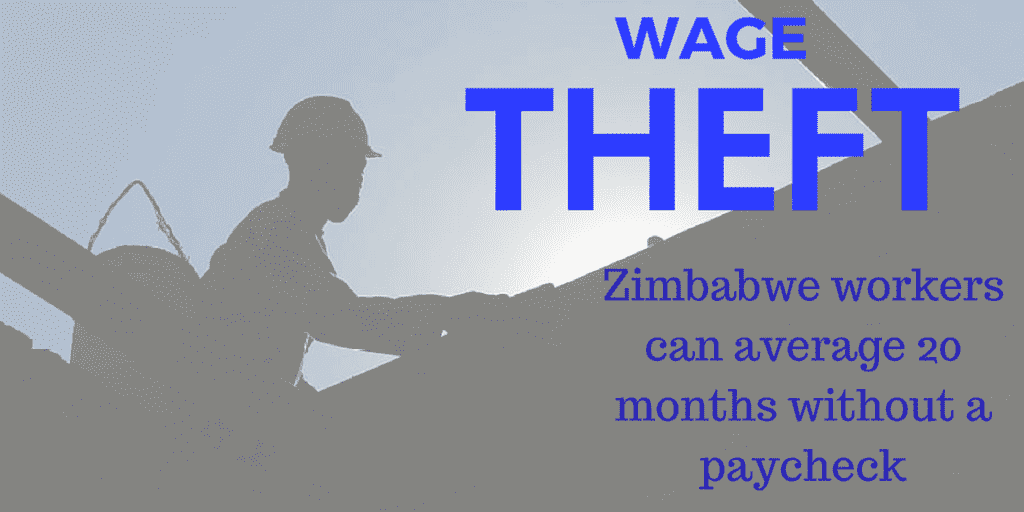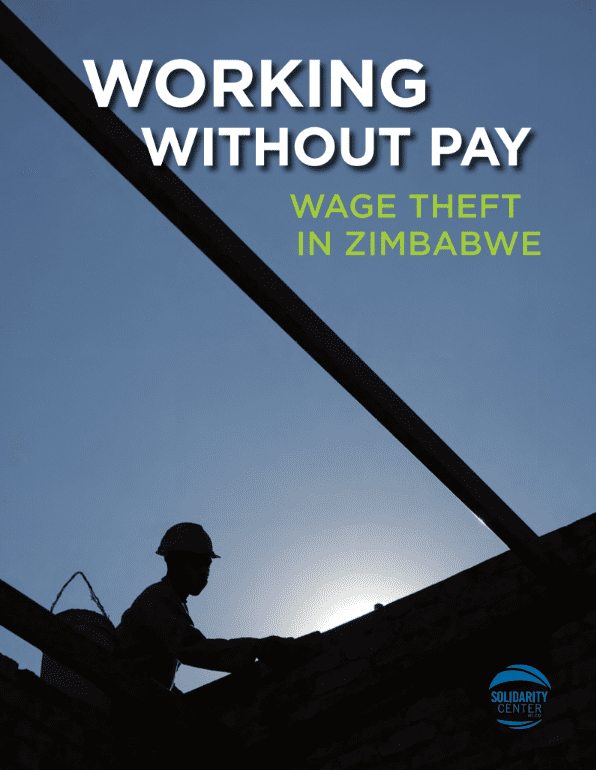In Binga, a small community 400 miles west of Harare, Zimbabwe’s capital, residents support themselves and their families fishing the vast Lake Kariba. With no industry in the area, they depend on the lake for their livelihoods. Yet they say they face constant...

In Zimbabwe, the Solidarity Center supports training to educate and mobilize working women, who comprise the majority of economically-struggling workers in the informal sector. Credit: Solidarity Center/Jemal Countess
Report: Working without Pay—Wage Theft in Zimbabwe
An astounding 80,000 Zimbabwe workers in formal employment—out of some 350,000 workers—did not receive wages and benefits on time in 2014, according to a new Solidarity Center report, “Working Without Pay: Wage Theft in Zimbabwe,” released today in Harare. As a result...
Working Without Pay: Wage Theft in Zimbabwe
Wage theft is widespread throughout the the public- and private-sectors, with Zimbabweans working months without a paycheck. Based on surveys at 442 companies, the report documents the vast scope of wage theft; outlines the responsibilities of the state under...



